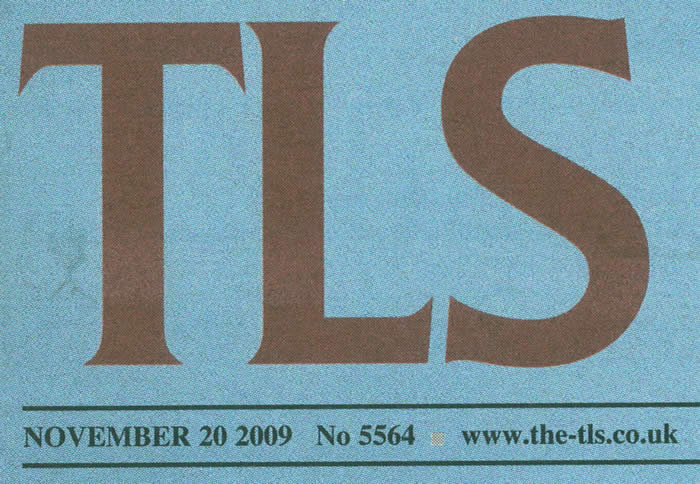The Time Literary Supplement - n°5564 - A harmless occupation

A harmless occupation
A crime passionnel of wartime and a sustained exercise in the neglected art of comprehension
[…] Georges Connes (1890-1974) had begun his translation in the dark years of 1942-3 ; he was in the Resistance, and remarks that his task enabled him to give a bland, disarmingly dotty reply to the recurring question “What are you doing ?” – “I'm translating The Ring and the Book.” A harmless occupation during the Occupation […].
Welcoming General de Gaulle to Dijon was no more than an “interesting episode” in his life ; it is by translating The Ring and the Book that he has “really touched something great”. His readers, too, must rise to the occasion : faced with the poem's brimming bowl, he tells them not to purse their lips, but to “take it in long gulps”. His own jouissance is shameless. The usual English phrase “labour of love” won't do here ; it is said that a translation is always a betrayal ; if so, this is a crime passionnel. When Connes undertook his task he estimated that The Ring and the Bookhad probably had six French readers : “I would want six thousand, sixty thousand ; in the coming century, six hundred thousand, six million ; as many as Shakespeare ; it's of equal value.” I doubt there are 6,000 English readers of The Ring and the Book alive today. But if there were six like Connes, it would be enough to make Browning settle contentedly in his grave. […]
[Conne's] preface to the 1959 volume […] is reprinted, along with his Étude documentaire, in the magnificent new edition from Le Bruit du temps, learnedly, judiciously and wittily introduced by Marc Porée (Professor of English at the Sorbonne Nouvelle), and with a brief and moving memoir by Pierre Connes, the translator's son, who remembers escaping from his homework and hiding under the kitchen table while his father read aloud to his mother the latest instalment of l'affaire Franceschini. The translation is printed facing the English original ; when I first learnt this I wondered whether readers would need a mechanical aid sumply to lift the book, since Browning's poem by itself is twice the length of Paradise Lost ; but the volume, for all its bulk, is beautifully produced, shapely and usable. The openings fall naturally at every point, the pages are thin but don't crumple as you turn them, and the typography is sharp and clear. I stress these material features not simply because they are important in themselves but because they honour the materiality which is so central a theme in the poem. […]
Connes simply thought the versification didn't count for much. Fortunately this made no difference to the outcome : Conne's decision was the right one, even if taken for the wrong reason. As Porée remarks, the “suppleness” of prose, its being unconstrained by the formal requirements of metre and rhyme, was the only way of doing justice to the varied flow of Browning's original. Moreover, Connes decided that his prose should be plain, its diction uninflected by archaism or slang. After sixty years his version is still clear, vigorous, sensible ; it is not (and does not claim to be) the artistic equivalent of Browning's poem, but it is a remarkably accurate paraphrase, a sustained exercise in the neglected art of comprehension. […]
[Connes] is passionate about the poem's vocal power : it is “not meant to be read, but to be spoken, recited, proclaimed, declaimed, bellowed ; yes, it should be bellowsed ”. “Bellowsed” is my version of “passé par un gueuloir”, “un geuloir” being Flaubert's coinage from the slang words “gueule” (mouth) and “gueuler” (to shout). Conne's audience for University readings was fascinated, gripped (“un auditoire fasciné”) ; the compliment is to Browning, to the poem's “huge successive waves of reasoning, rhetoric, emotion, passion, poured out from minds intensely absorbed by the matter at issue and by what they have to say about it”. This is the aspect of the poem that Connes was confident prose could convey : take care of the sense, and the sounds would take care of themselves. The largest freedom he took was not with vocabulary, but with syntax and structure : he altered the length and shape of Browning's sentences and verse paragraphs, creating rhetorical periods that “breathe” naturally in French. The characters' shifts of thought and surges of feeling, everything that makes their speech “dramatic”, are convincingly rendered, and the poem's cumulative power comes across without diminution. […]
I doubt that an English prose paraphrase of the poem would have fewer mistakes. Indeed if you know French this is a wonderful help to the close reading of the poem ; it illuminates the original by patient, attentive sympathy. I do not know why so many professed poetry-lovers accept that a poem needn't make sense, and think that to ask “what does this mean ?” is like putting on oven gloves to pick violets. Any explication of a literary work (and translation is a form of explication) carries such a risk of officious interference ; Georges Connes's version has sins of this nature, but they are venial compared to the pride that chooses never to stoop, or the sloth that can't be bothered.
Daniel Karlin
